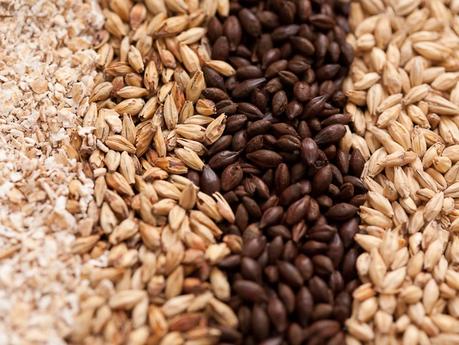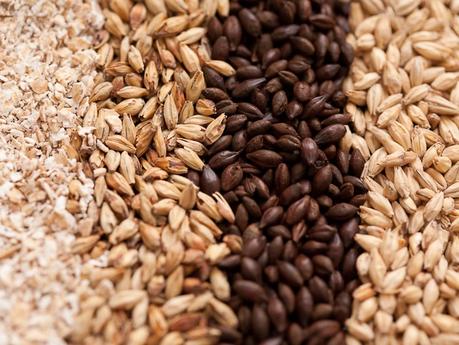

Indulging in a good pint of beer (or two) is a multi-sensory affair. Water, malt, hops, and yeast are the four main ingredients, coming in harmony to bring you the final product, a crisp, thirst-quenching beverage that makes you feel warm inside. Of these four ingredients, malt is the one responsible for the many sensory attributes of beer. Seasoned brewers know that by using the right brewing grains, you can achieve specific colour, taste, and even nutritional value that sets each brewer apart.
The Brewing ProcessTo produce malt, brewing grains are soaked in a water bath until they germinate. Then the mixture is dried, producing malt. The malted grains are then milled and steeped in high-temperature water to promote the breaking down of starch into sugars. Your end product is a sugary liquid called wort which is then boiled, filtered, and fermented to produce beer.
Why are Brewing Grains Important? 1. Provides sugars for fermentationMalting unlocks all the sugars and enzymes within brewing grains, which produces a sugary mixture, the building blocks for each beer's distinct personality and taste. This sweetness also contributes to the mouthfeel of each individual type of beer.
2. Color, taste, and foamThe saying 'do not judge a book by its cover' unfortunately doesn't apply to beer because the first thing you want to look for is the colour. Malts greatly affect beer colour. While base malt yields a light gold-fiery colour, using darker coloured malt will yield darker coloured beers.
Malt also greatly affects the flavour of beer whether you want to achieve the classic beer flavour or try out something different like Crushed Chocolate Malt.
A good pint of beer should be topped off with just enough foam to leave a white moustache each time you take a gulp. And achieving this foaminess has something to do with proteins in malt.
This isn't normally what people look for in beer, but malt contributes to beers' high nutritional value when compared to other wines or spirits. You probably didn't need another reason to drink beer, but you're welcome!
3.Nutritional valueMalt contains a list of minerals and vitamins such as Vitamin B and silica that are maintained during the brewing process.
Depending on how much work you want to put in brewing your beer, brewers can either choose to malt their own grains or purchase malt extracts that can be added directly into the boil. The latter option is usually great for new homebrewers who are just getting into brewing. But even for seasoned brewers, using malt extracts saves time, cost, and additional work when you just want to achieve that classic brew.
After water, malt is crucial in brewing beer. From color, taste, and foam, right down to its minerals and vitamins, the type of brewing grains you choose matters considerably. Therefore to find the right brewing grains for your own personal taste, use your senses to explore until you find one that checks all the boxes.

